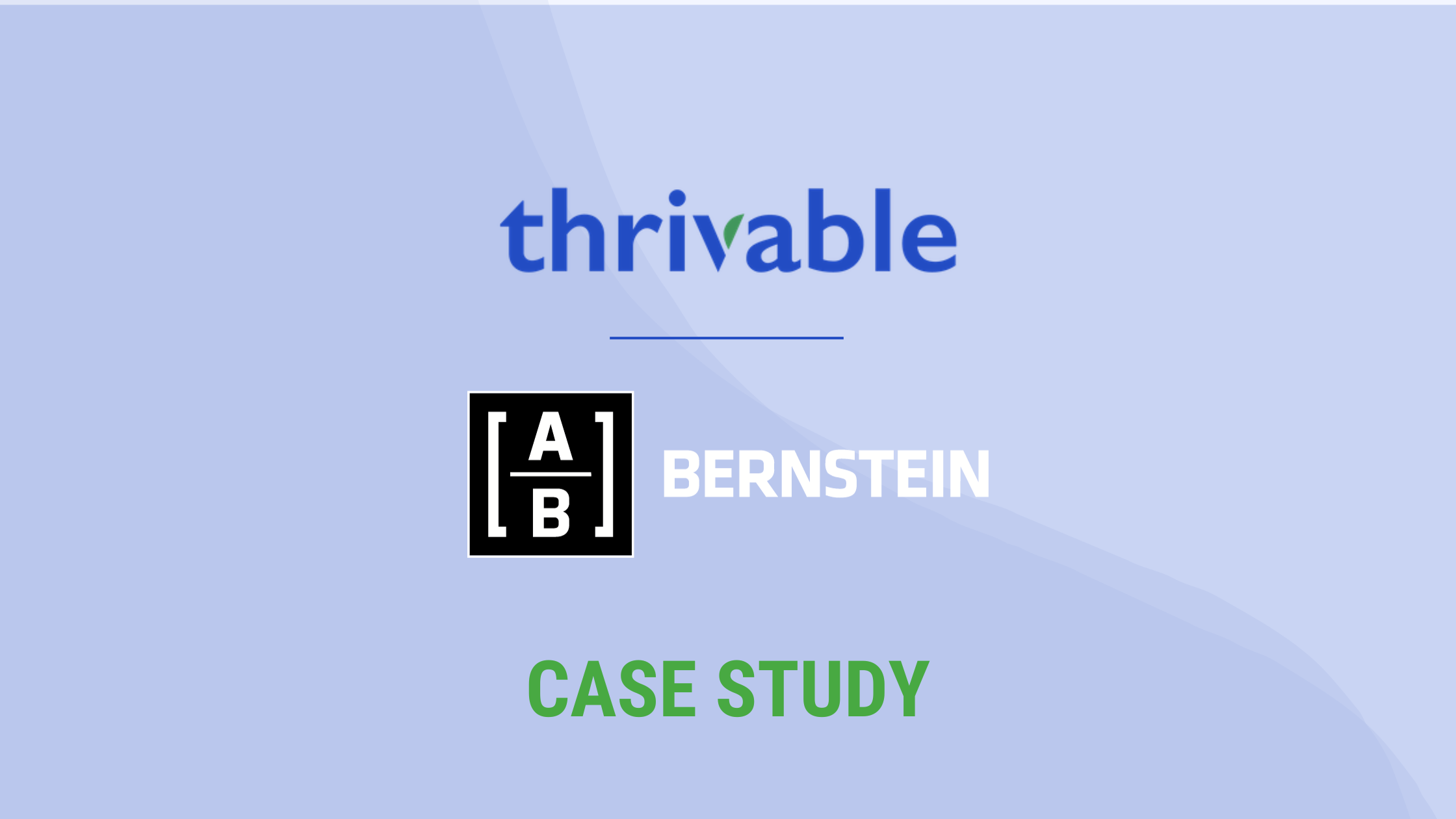Blog
Penny Wise, Pound Foolish: How to Escape the Project-Based Research Model Bleeding Your Time and Money

Adam Zandman
Insights

In the world of research, the project-based model has long been the default. You scope a study, recruit participants, gather data, and deliver results, only to start from scratch the next time. While this method can work in some situations, it often leads to inefficiencies that waste time, drain budgets, and limit the depth of your insights.
If this sounds familiar, you’re not alone. Many organizations find themselves stuck in a cycle of fragmented research, chasing short-term wins while missing long-term opportunities. But there’s a smarter way forward: transitioning from a project-based approach to a continuous, agile research model.
The Hidden Costs of Project-Based Research
At first glance, project-based research seems simple and cost-effective. But dig deeper, and the inefficiencies start to stack up. Here’s how the "penny-wise, pound-foolish" mindset plays out in this model:
-
Time Wasted on Repetition
Each project requires starting from scratch (finding participants, setting up infrastructure, and onboarding teams). These repetitive processes eat up valuable time that could be spent analyzing data or refining strategies.
-
Missed Opportunities for Depth
One-off studies only capture a moment in time. They don’t allow you to track trends, behaviors, or outcomes over months or years. This limited scope can leave you with shallow insights that fail to drive meaningful change.
-
Fragmented Costs Add Up
Every new study comes with new expenses: recruitment fees, platform subscriptions, and administrative overhead. Without a cohesive approach, these costs spiral over time.
The Case for Continuous, Agile Research
Switching to a continuous research model allows you to work smarter, not harder. This approach emphasizes flexibility, scalability, and long-term value, offering significant advantages over the traditional project-based model.
-
Efficiency in Time and Resources
Continuous research builds on existing data and relationships. Instead of re-recruiting participants for every study, you create a trusted pool of engaged individuals who can participate over time. This not only saves countless hours and reduces administrative burdens but also allows your research partner, like Thrivable, to invest upfront in building a patient pool tailored to your future needs, ensuring long-term success.
-
Deeper Insights Over Time
By observing trends and behaviors longitudinally, you gain richer, more actionable data. Continuous research allows you to identify patterns, understand changes, and make more informed decisions.
-
Cost Savings with Scalability
Investing in a scalable research platform may seem like a bigger upfront expense, but it pays off in the long run. A continuous model eliminates redundancies and delivers better value by leveraging economies of scale.
How Thrivable Can Help
Thrivable is built for organizations ready to break free from the inefficiencies of project-based research. Our platform provides fast, flexible solutions that empower continuous, real-time insights without compromising quality. Here’s how:
-
We offer immediate access to a pre-screened, highly engaged patient community, so you can skip the recruitment scramble.
-
Our tools are designed for speed and scalability, enabling you to capture actionable insights whenever you need them.
-
Whether you need a quick-turn study or a long-term engagement, Thrivable adapts to your goals, ensuring every project builds on the last.
Ready to escape the project treadmill?
The project-based research model may feel familiar, but it’s rarely the most efficient or effective option. By transitioning to a continuous, agile approach, you can save time, reduce costs, and unlock deeper insights that drive real impact.
At Thrivable, we’re here to help you make that shift. With our tools, expertise, and commitment to high-quality research, you can escape the "penny-wise, pound-foolish" cycle for good. Let’s talk about how we can support your research goals.
About the author

Adam Zandman
Adam, Thrivable's Marketing Director, is a passionate advocate for improving the patient experience, driving companies to prioritize the patient voice in their decisions
Related Content
-

-

Case Study
Case Study: How Bernstein is Reshaping the Way Investors Think about Diabetes MedTech
Market Research
-



